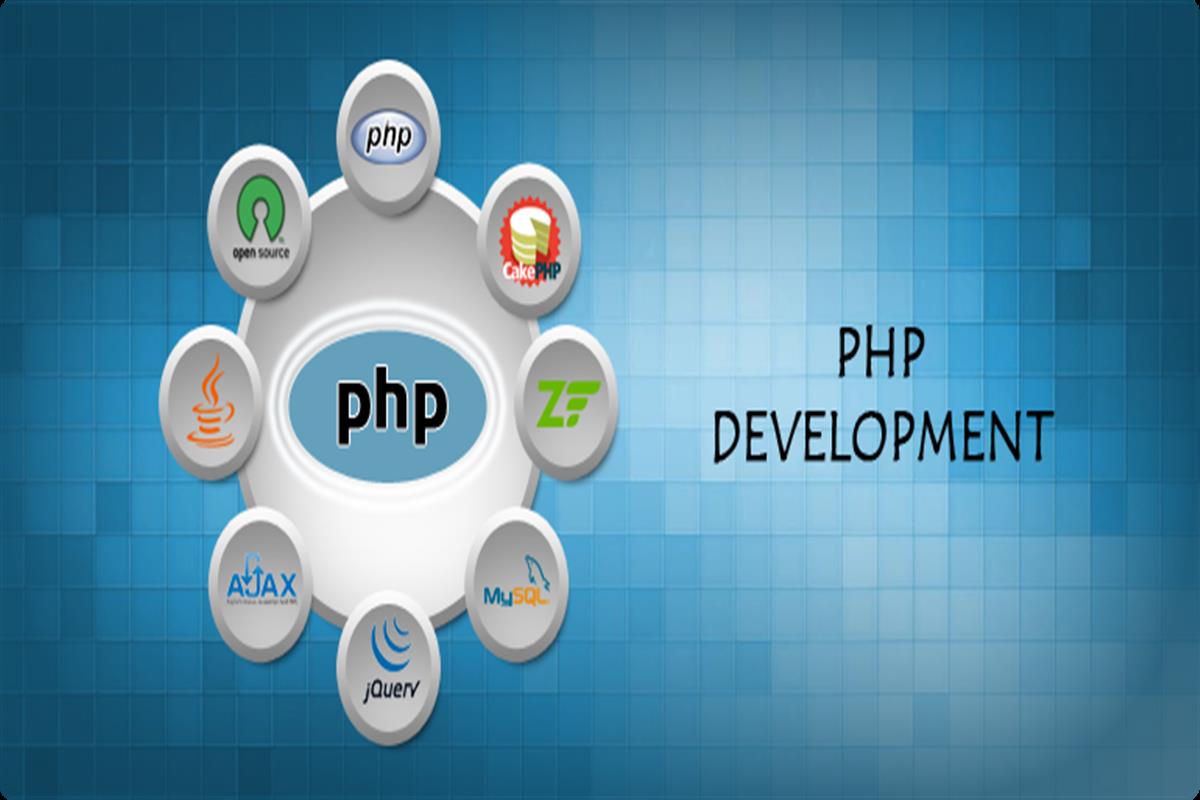4 Week

Designed to supply beginner programmers with a solid foundation within the PHP language, this course guides you thru the fundamentals of PHP with associate experiential approach, full of varied examples and active exercises, as well as substantial follow in cryptography elements of a completely practical application. Category exercises are designed to bolster key language ideas.
What will I learn?
PHP Fundamentals I provide you with an outline of the PHP language, main ideas, and helps you develop and adopt the methodologies and best practices of secret writing professionally in PHP. This category is appropriate for non-programmers and code developers at a starting level.
What will I be able to achieve?
- Understand the syntax and structural elements of PHP
- Know how to correctly apply the various control-flow structures
- Understand PHP data types, type-juggling, and operator precedence
- Organize code into reusable functions
- Accomplish tasks using PHP's wealth of built-in file system and array functions
- Understand essential elements of HTTP such as cookies and sessions
- Understand the basics of validating input and escaping output
- Build forms to collect information from a user
- Interact with a database using PHP's MySQL functions
Audience
This course is designed for beginners and non-programmers with less than 6-12 months of software development experience who want to learn the basics knowledge of the PHP language. Website designers who intend to learn the professional web programming and become PHP Developers would benefit from this course.
Prerequisites
Basic knowledge of HTML5, CSS3, Javascript, Jquery. The class assumes some familiarity with web sites – what they are and the very basics of how they work – but no programming experience.
Course Outlines:
INTRODUCTION TO PHP
- What is Web?
- Introduction to PHP for Web Development & Web Applications
- History & Future Scope of PHP
- Benefit & Importance of PHP in web applications
- Installation of tools for working in PHP like XAMPP, WAMP for PHP, Apache & MySQL
LANGUAGE BASICS
- Introduction to Language constructs like Variables, Syntax, constants: Naming rules for variables, PHP’s inbuilt data types
- Introduction of PHP Keywords
- Comments, Operators & Expressions Arithmetic, Assignment, Comparison, Logical Operators)
- String & echo, print for outputting in web page: string functions
- Using Loop Statement like for, for each, do while, while, switch case, go to, and continue.
- Working with flow control through Control Statement: if-else, if-else ladder
ARRAYS
- What is an Array? Simple array declaration, use of array
- Numeric Array, Associative Array, Multidimensional Array
- Array Functions, explode & implode functions
PHP FUNCTIONS
- Defining User functions
- Passing parameter & return value
- Use of Math functions
- String functions
- Date & time function
- Date formats
- Timestamp
- Include
- Require
FILES INPUT/OUTPUT
- Opening of file/ Closing of File/ file operations
- Write, Read & Change Attributes of Files
PHP FORMS
- GET / POST / REQUEST
- Using html controls in web page
- Master/Child Page Concept
MYSQL DATABASE CONNECTION
- Creating Database & Tables/ privileges /creating users
- Using Database Queries for accessing & manipulating data from database
- Opening Database Connection/closing database connection
- Select/Insert/delete & Update Database from forms
STATE MANAGEMENT
- Using Session in web pages for user authentication
- Using Cookies in web pages for user authentication
- Query String/ encryption
CONTROLS WITH DATABASE CONNECTION
- Submitting & showing data to/from web controls from/to database
- Uploading files to server/ upload form /upload script
- Sending emails/ email script
ERROR & EXCEPTION HANDLING
- Introduction to Exception handling: Using Try/catch/throw
- Creating Custom exception
OBJECT ORIENTED PROGRAMMING
- Classes, Object & Constructor & Destructor
- Using Access Specifier
- Inheritance
- Overloading
- Magic Methods